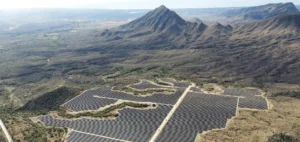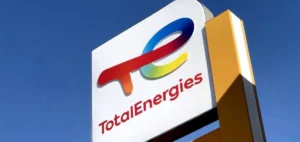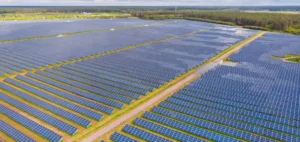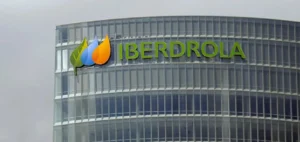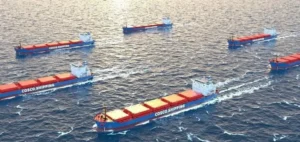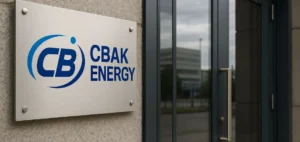The four companies in the electrical equipment and distribution sector—Schneider Electric, Rexel, Sonepar, and Legrand—have been ordered to pay a total of 470 million euros in fines. This decision by the Competition Authority addresses collusion practices between manufacturers and distributors in the low-voltage electrical equipment sector, covering the period from 2012 to 2018. The penalties were imposed for practices aimed at maintaining the retail prices of their products at artificially high levels.
The Competition Authority explained in its statement that these behaviors constitute a serious violation of competition law in France. This type of collusion, characterized as “vertical” between manufacturers and distributors, is often considered one of the most severe violations in the sector. The fines imposed exceed the total penalties levied by the same organization in 2022 and 2023, highlighting the regulator’s view of the gravity of these practices.
Individual sanctions and disputes
Among the sanctioned companies, Schneider Electric received the largest fine, amounting to 207 million euros. The company has stated that it firmly contests the Competition Authority’s conclusion, indicating its intent to appeal. Rexel and Sonepar, fined 124 and 96 million euros respectively, have also expressed their disagreement, with Rexel mentioning that it may appeal the decision.
Legrand, on the other hand, was fined 43 million euros and is also considering legal actions to contest this sanction. The companies involved defend their actions, claiming they benefit their customers, though the Competition Authority finds these justifications insufficient to explain the imposed pricing practices observed in the market.
Derogation practices and price setting
According to the Authority’s report, the practices in question include a “derogation” system that allowed manufacturers like Schneider Electric and Legrand to compensate distributors for discounts granted to final customers. This system allegedly enabled them to maintain control over final prices by limiting competition among distributors. In a normal market situation, distributors would be expected to freely set their retail prices based on market conditions.
However, within this system, manufacturers directly influenced prices, preventing genuine competition among brands. The Competition Authority stressed that this situation was particularly concerning due to the concentration of the low-voltage electrical equipment sector, both among manufacturers and distributors, which exacerbates the negative impacts of such practices on consumers and the economy in general.
Market implications and recurrence
Rexel’s case is particularly notable, as the company actively participated in reforming the derogation system. However, the Competition Authority took this involvement into account, applying a 20% reduction to Rexel’s fine due to its partial cooperation with regulators.
This case echoes a 2007 precedent, where the European Union imposed a 750 million euro fine on eleven electrical equipment manufacturers, including Schneider, for similar cartel practices. The recurrence of sanctions against the same players highlights the persistent regulatory challenges in the electrical equipment sector and raises questions about the effectiveness of sanctions in preventing the repetition of such practices.


